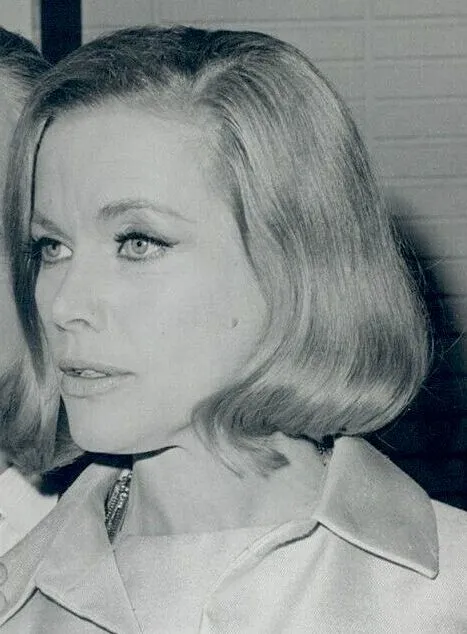
Full Name: I. Lewis 'Scooter' Libby
Birth Year: 1950
Nationality: American
Profession: Lawyer and Politician
Notable Position: Chief of Staff to the Vice President of the United States
1950 – Scooter Libby, American lawyer and politician, Chief of Staff to the Vice President of the United States
In the labyrinthine corridors of power, where decisions shape the very fabric of governance, one figure emerged from the shadows: Scooter Libby. Born in 1950, he entered a world ripe with political promise and potential. However, this promise would lead him through both esteemed positions and tumultuous controversies.
Libby's journey began not in the halls of Congress but within the realm of academia. A gifted student, he earned his undergraduate degree from Yale University a prestigious institution known for molding influential leaders. Ironically, it was at Yale where he first tasted the intoxicating blend of debate and politics that would later define his career. After graduating with honors, he pursued further studies at Columbia Law School. This academic foundation equipped him with critical thinking skills essential for navigating Washington's complex political landscape.
Despite his impressive educational background, Libby’s true political awakening came during his time as a law clerk for U.S. Supreme Court Justice Clarence Thomas in 1991. Here was a man who not only absorbed legal principles but also witnessed firsthand how decisions could reverberate throughout society affecting lives beyond mere legalities.
Fast forward to the late 1990s; Libby found himself immersed in Republican politics amidst a growing clamor for change during an era marked by impeachment trials and partisan strife. His entry into government culminated when he became Chief of Staff to Vice President Dick Cheney in 2001 a position that placed him at the epicenter of power during one of America's most tumultuous periods following September 11 attacks.
During this time, Libby played a crucial role in shaping policy on national security and foreign relations as America grappled with new threats on its soil and abroad. The war in Iraq loomed large on Cheney’s agenda; therefore, Libby became deeply entwined with these consequential decisions crafting speeches that would justify military action while influencing legislative measures designed to protect American interests globally.
However, it was not just policy making that defined Libby’s tenure; instead, it was also his involvement in what would become one of Washington's most notorious scandals the outing of CIA operative Valerie Plame Wilson. In an ironic twist befitting political drama akin to Shakespearean tragedy itself, this incident unfolded amidst mounting pressure surrounding Iraq's alleged weapons program.
The controversy began when former Ambassador Joseph Wilson publicly challenged claims made by the Bush administration regarding Iraq's nuclear capabilities a stance that threatened key narratives supporting military action against Saddam Hussein's regime. In retaliation against Wilson’s allegations and perhaps spurred by personal animosities his wife's covert identity as an intelligence officer was disclosed by members within White House circles.
A Connection To Modern Day
Ironically enough in discussions held today concerning whistleblowing cases resembling Valerie Plame’s saga we find renewed debates stirred across social media platforms such TikTok & Twitter gaining momentum amongst younger generations eager voice their opinions surrounding these themes such breaches trust undermining democratic processes everywhere.” Nevertheless the legacy left behind continues provoke conversations crucial grounding future discourse surrounding accountability integrity necessary flourishing democracies worldwide irrespective challenges faced therein…









